Edition: March 2023
Wilder Horsham District is a five-year partnership between the Council and Sussex Wildlife Trust, working to deliver a Nature Recovery Network for our District.
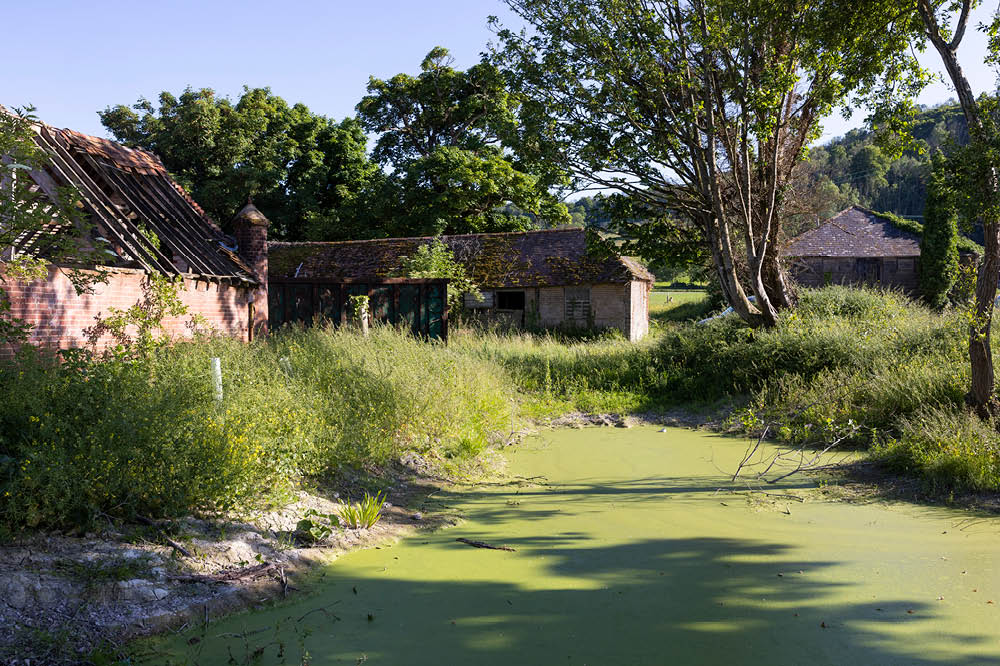
Nature Recovery Networks create green corridors and stepping stones to allow wildlife to move from place to place through a mosaic of habitats. They provide plants and animals with places to live, feed and breed.
In the first partnership of its kind, we are working with local communities, farmers and landowners to create networks of land that are enhanced to nurture wildlife.
Funding to support Nature Recovery Networks
Wilder Horsham District now has a Nature Recovery Award grant available to support farmers, landowners and communities wishing to implement practical projects to expand and improve networks for wildlife across our local landscape. Projects can involve different sized areas of land and be in urban or rural areas.
Introducing the Nature Recovery Award
Launched in November 2020, the Nature Recovery Award funding is already proving popular.
Here we take a look at Great Barn Farm, near the Chanctonbury Ring, whose founder and co-ordinator, Greg Valerio MBE, is working to create improved environments to benefit wildlife.
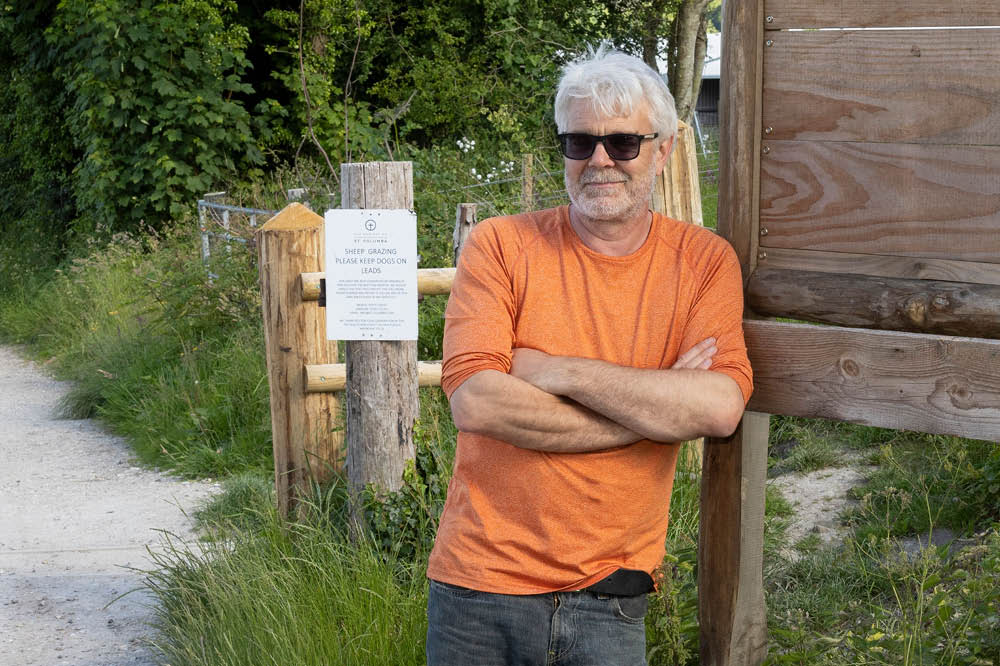
Greg’s sustainable community
We recently visited Greg Valerio (pictured) on the historic 19th Century farmstead on the Wiston Estate. Greg was one of the first recipients of our Nature Recovery Award funding.
At the outset of the project the Wilder Horsham District team carried out an assessment of the entire ecology of the farm site.
Creating a haven for wildlife
One of the first priorities for Greg was to tackle the problem of an old dried out pond. Water in the landscape, such as ponds, streams and rivers is fantastic for supporting a wide range of plants and animals. A full restoration of the pond at the site was key to creating a more thriving haven for wildlife.
The farm as a classroom
Capturing learning at the farm is another key objective for Greg and the community. He is now gearing up to provide more educational visits at the site. His aim is to provide an ecological learning centre for children and interested community groups alike – breeding the next generation of sustainable thinkers.
Greg maintains that:
If you showcase best practice more people will want to know more and only then does change start to happen.
Greg Valerio
Creating a self-sustaining ecosystem
The community's plan includes creating a forest garden by planting mixed fruits and nurturing traditional woodland trees to improve biodiversity.
The creation of a wildflower meadow will support bees and other pollinators, and the development of a woodland tree corridor for bats and birds will contribute greatly to an improved nature recovery network system. Greg’s main watchwords are:
- Go slow
- Be regenerative
- No pesticides
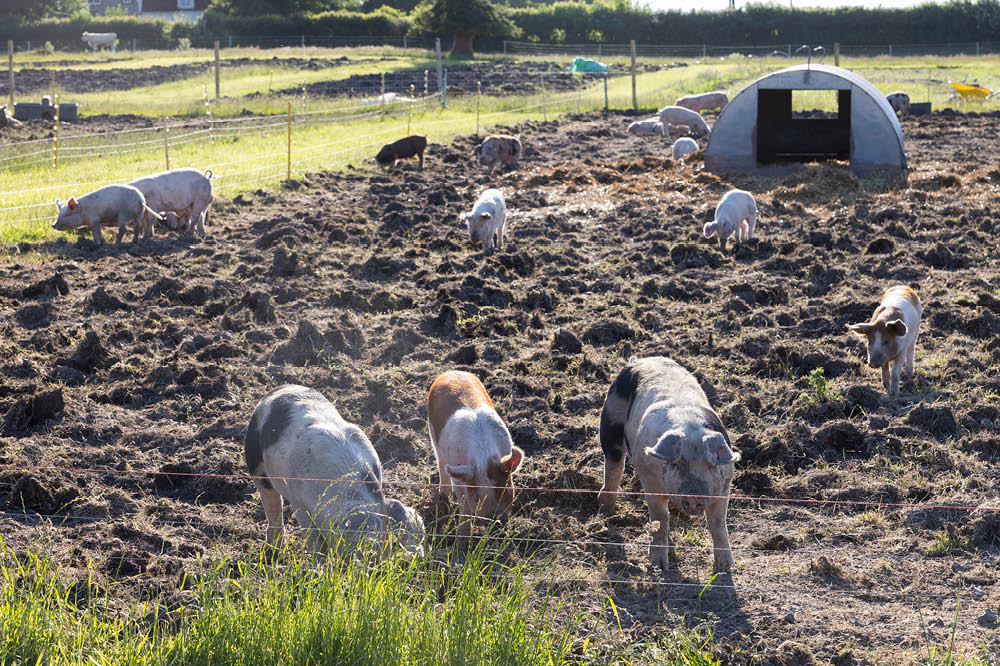
Supporting the local economy food chain
Areas of land are being kept as pasture for sheep, cows and pigs, as the promotion of animal welfare is another major feature of the work ethic here. Rare breeds are the main focus. This is agriculture on a small scale. As Greg says: “It’s a value chain, not a volume chain.”
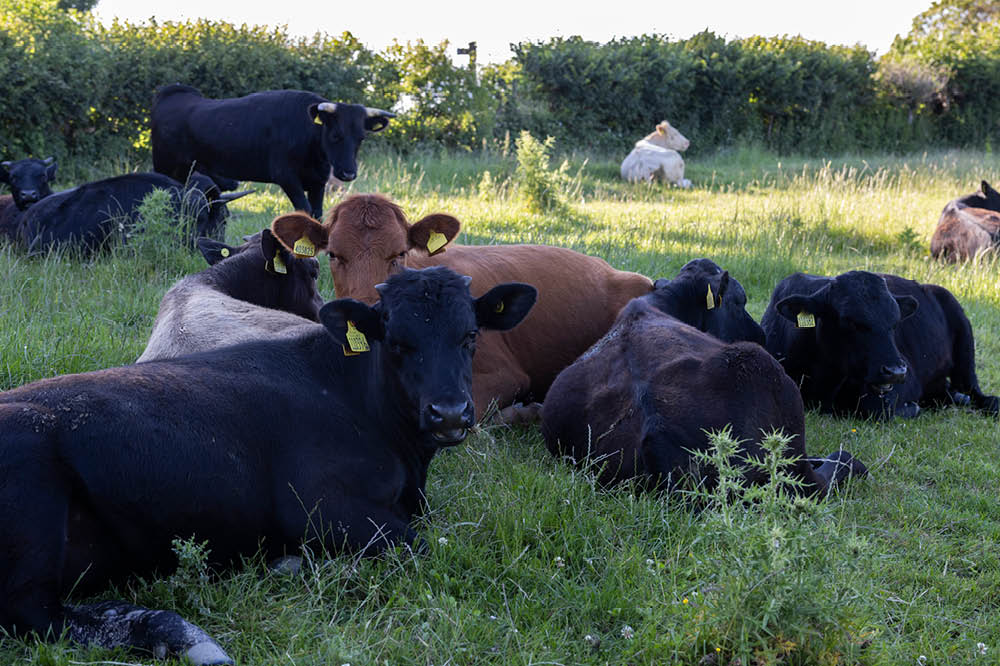
Greg will look to supply local butchers and farmers’ markets to feed into the local food chain, supporting the local economy. Any leftover crops or food will be given to local people. What does success look like? We will see the main fruits of all this labour in around nine to ten years’ time – so it’s very much a long term turnaround.
The Wilder Horsham District project and Nature Recovery Award scheme is directly funded by the Council – with the grant scheme being £30,000 a year. Henri Brocklebank, Director of Conservation at Sussex Wildlife Trust said:
Horsham District Council should be really proud of what they have set up here with the Wilder Horsham District project – it is very much the envy of other areas.
Henri Brocklebank, Director of Conservation at Sussex Wildlife Trust
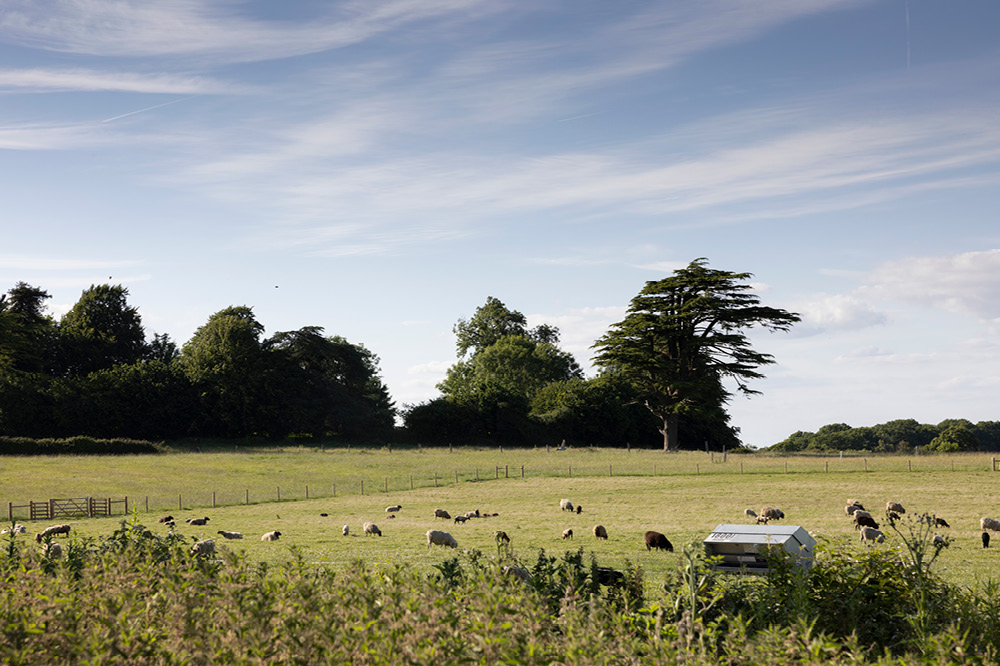
Get involved and apply now for funds
Apply for the Nature Recovery Award
Read the latest edition
You may also like
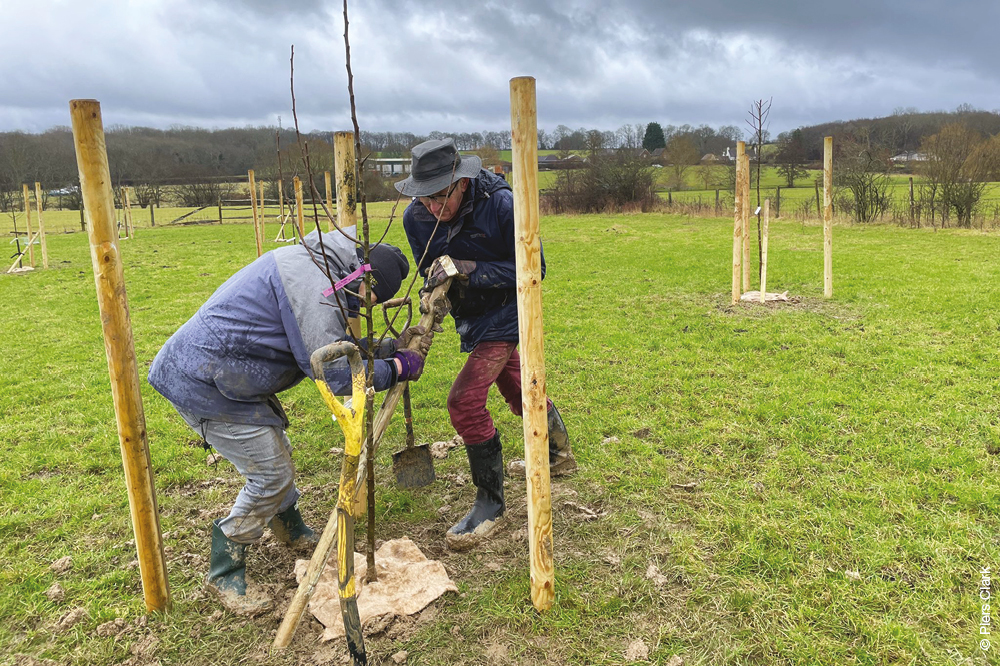
Planting up history: heritage orchards boost biodiversity
The Wilder Horsham District partnership between Sussex Wildlife Trust and Horsham District Council supports the restoration and connection of natural habitats.
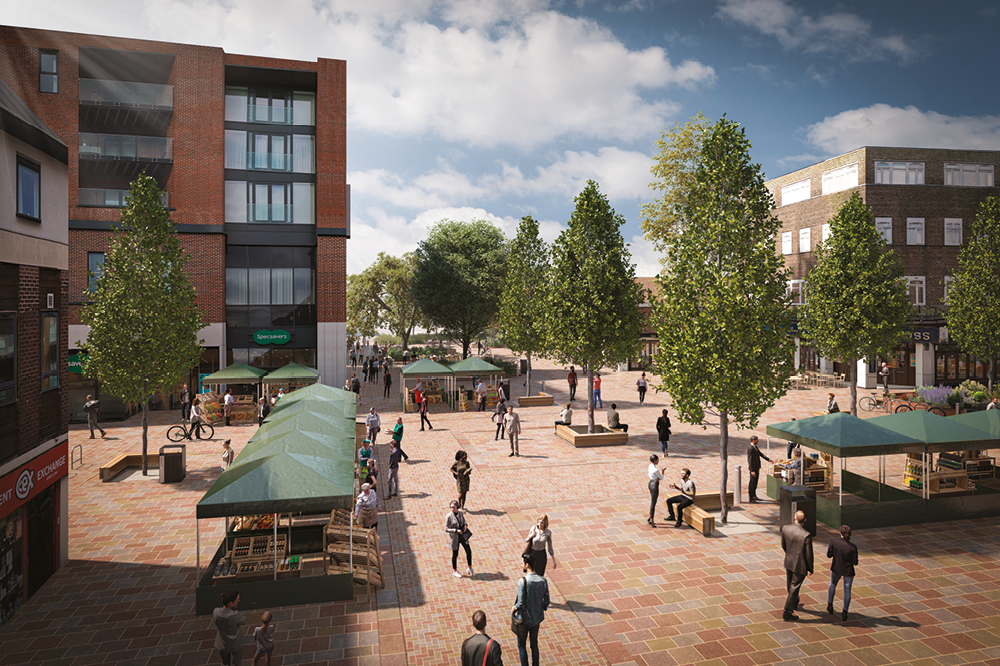
Designing a Horsham Town Centre vision together
Horsham District Council recently invited the community to share their thoughts on proposed improvements to key areas of the Town Centre.
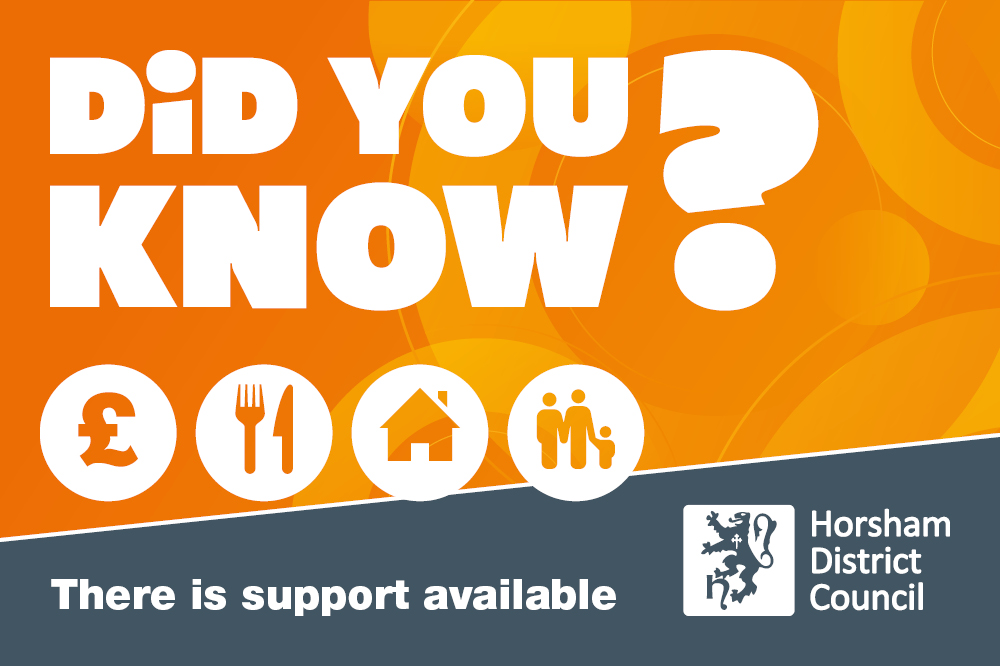
Did You Know? Pension Credit
If you are over State Pension age, you may be eligible to claim Pension Credit, even if you own your home or have savings.
